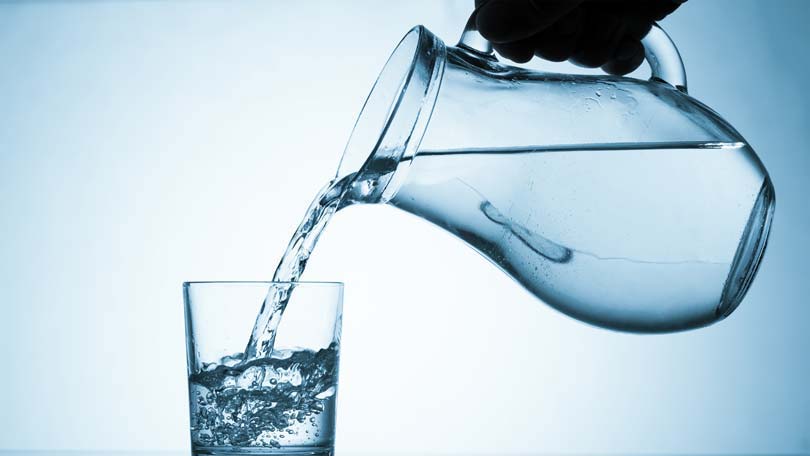
It’s cold, it’s available nearly everywhere, and its virtually FREE. Yet, the vast majority of us would not use it or put it in our bodies. What is this commodity that so many of us take for granted? Tap water!
Interestingly enough, people in North America are paying almost as much for bottled water per gallon (if not more) than they are for gasoline. The water in most parts of the United States and Canada is not only safe for human consumption, but also extremely clean. And yet so many people are still paying for bottles of water rather than filling up containers at home from the tap. And according to experts, if you add an inexpensive water filter to your tap before you fill containers – the water might be healthier than store bought ‘spring’ water that has sat in plastic bottles for months on end.
Truth is that according to major sources, bottled water is no better than tap water. It seems that so many people today are falling for advertising hoaxes and campaigns that make use believe our tap water is going to cause harm to our bodies.
In 2006, folks consumed over eight billion gallons of bottled water per year and estimates today, are close to double that number. And while people believe that they are doing a good thing by consuming bottled water and the availability of bottled water makes it an easier choice than sugary sodas and other unhealthy drinks – experts aren’t sure it’s any better than the water that comes right out of our taps.
Even more surprising is the fact that despite the commercials that depict pristine springs and gloriously pure sources of the bottled water, the industry is poorly regulated. In fact, around 25% of all bottled water actually comes from the very same drinking supply that provides for homes. The municipal supply. The difference is that it has been cleaned and filtered and chemicals removed and is being sold at what might equate to a thousandfold price increase. This information comes from Eric Goldstein, the co-director of the National Resources Defense Council, which is an agency devoted to protecting the health of the environment.
Some of the companies that may stand out in your mind when it comes to bottled water, such as Aquafina and Nestle Pure Life – are actually just recycled water from public sources. In one study run by the National Resources Defense Council, some samples of bottled water were said to be contaminated with phthalates, caused by the packaging. And the phthalates, which disrupt the human endocrine system – are more harmful than the stray bacteria that might be found in tap water. And since tap water suppliers are regulated while water bottlers are not, your chances of having a problem with your tap water is far less than with your bottled water.
Even worse, is that the excess of bottled water being sold in North America is leading to a hideous waste problem. When you consider how much your monthly water bill is opposed to an average liter of bottled water, it is important to understand the cost difference. Bottled water companies are having to add on the cost of transportation and packaging, as well as advertising and distribution to the cost of every single water bottle sold. And as you might expect, the packaging, advertising and distribution of water bottles causes huge affects on the environment. This while turning on your tap faucet causes none. This makes no mention of the fact that the bottled water also produces a large amount of plastic waste in the environment. Each year worldwide, bottle water alone causes around 2.7 million tons of waste in landfills. And since the plastics used for bottling water are normally derived from crude oil, the environmental hazards are immense. Not to mention the fact that around 1.5 million barrels of oil each year are produced for the sole purpose of making bottles for water to be packaged in. Could that part of the reason gas prices are so high?
Plus, get this! The plastic leftovers from your cool drink of convenience take anywhere from 400 to 1000 years to degrade in landfills. They are not biodegradable, and if they were – would cause a host of other environmental catastrophes in the fabrication.
Essentially, it comes down to one thing. Bottled water is convenient. But it is not necessary.
You are not doing anything for the environment and chances are that you are not getting a healthier product than you would should you just turn on your tap.
The best solution all around for people interested in having the best drinking water possible is to use a high quality water filter on the tap water and fill up environmentally friendly and phthalate free containers with tap water. These bottles can be used and reused many times over again and won’t be cluttering up landfills. Plus, the water inside them will likely be safer than the water that you might typically find in many of the well-known brands of bottled water.
